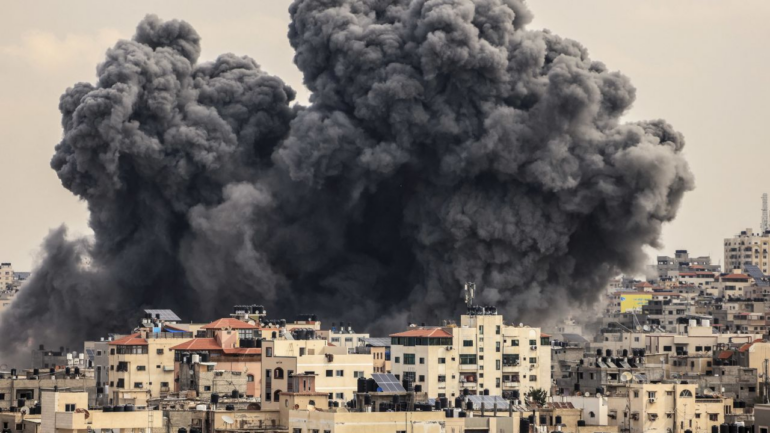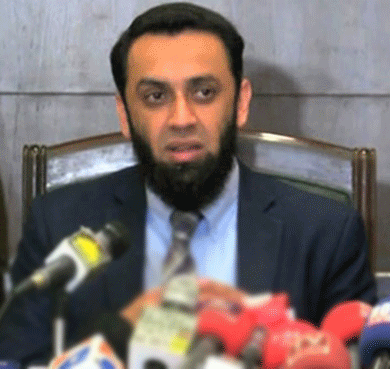The ongoing Israeli bombardment of the Gaza Strip has elicited strong condemnation from the international community, with UN rights experts declaring the attacks as “collective punishment.”
The statement followed the heavy airstrikes on the Palestinian enclave and amid a “total siege” by Israel preventing essential supplies, including food and fuel, from reaching the 2.3 million people residing in the most crowded strip.
The UN experts, including several special rapporteurs, accused Israel of resorting to “indiscriminate military attacks” on the already vulnerable Palestinian population.
While condemning Hamas for their actions, the experts emphasized that targeting innocent civilians, whether by Hamas or Israeli forces, constitutes a war crime under international law.
The conflict escalated following a surprise offensive by Hamas, resulting in 1,200 Israeli casualties. Amid the violence, Israel’s blockade has left Gazans without electricity, risking the lives of patients in hospitals.
Meanwhile, the International Committee of the Red Cross (ICRC) issued a dire warning, stating that fuel powering emergency generators at hospitals in Gaza could run out within hours.
As the conflict escalates, ICRC’s Regional Director, Fabrizio Carboni, expressed deep concern over the escalating human suffering and urged all parties involved to minimize the plight of civilians caught in the crossfire.
Carboni emphasized the severe consequences of the power outage, stating, “As Gaza loses power, hospitals lose power, putting vulnerable patients at extreme risk. Newborns in incubators, elderly patients relying on oxygen support, and individuals undergoing kidney dialysis are all in immediate danger.
The lack of electricity not only hampers essential medical procedures but also threatens to turn hospitals into morgues.”
Israeli Energy Minister Israel Katz reinforced Israel’s stance, declaring that there would be no exceptions to the ongoing siege until Israeli hostages are released.
Pakistan strongly condemned Israel’s “indiscriminate and disproportionate” use of force, urging an immediate cessation of hostilities.
Pakistan’s Foreign Office Spokesperson emphasized the dire humanitarian situation and called for urgent intervention by the international community.
US Secretary of State Antony Blinken, currently in Tel Aviv for talks with Israeli officials, reassured Israel of Washington’s support.
Blinken’s visit aims to secure the release of hostages held by Hamas, some of whom are Americans, and facilitate safe passage for Gaza civilians out of the conflict zone.
Meanwhile, Saudi Arabia’s Crown Prince Mohammed bin Salman and Iran’s President Ebrahim Raisi engaged in a phone call, discussing the need to end war crimes against Palestine. Raisi urged Islamic and Arab nations to cooperate in confronting Israel’s aggression.
In response to the conflict, Brazil, holding the presidency of the UN Security Council, has called for an urgent meeting to address the situation in Gaza. The international community continues to press for an immediate ceasefire and humanitarian aid to alleviate the worsening crisis in the region.
The conflict has led to a mass displacement of over 338,000 people in Gaza, according to the United Nations. Civilian infrastructure, including hospitals and sewage facilities, has been severely damaged, exacerbating the humanitarian crisis.
As the world watches the escalating violence in Gaza, global leaders are urging both parties to exercise restraint and find a peaceful resolution to the crisis.



